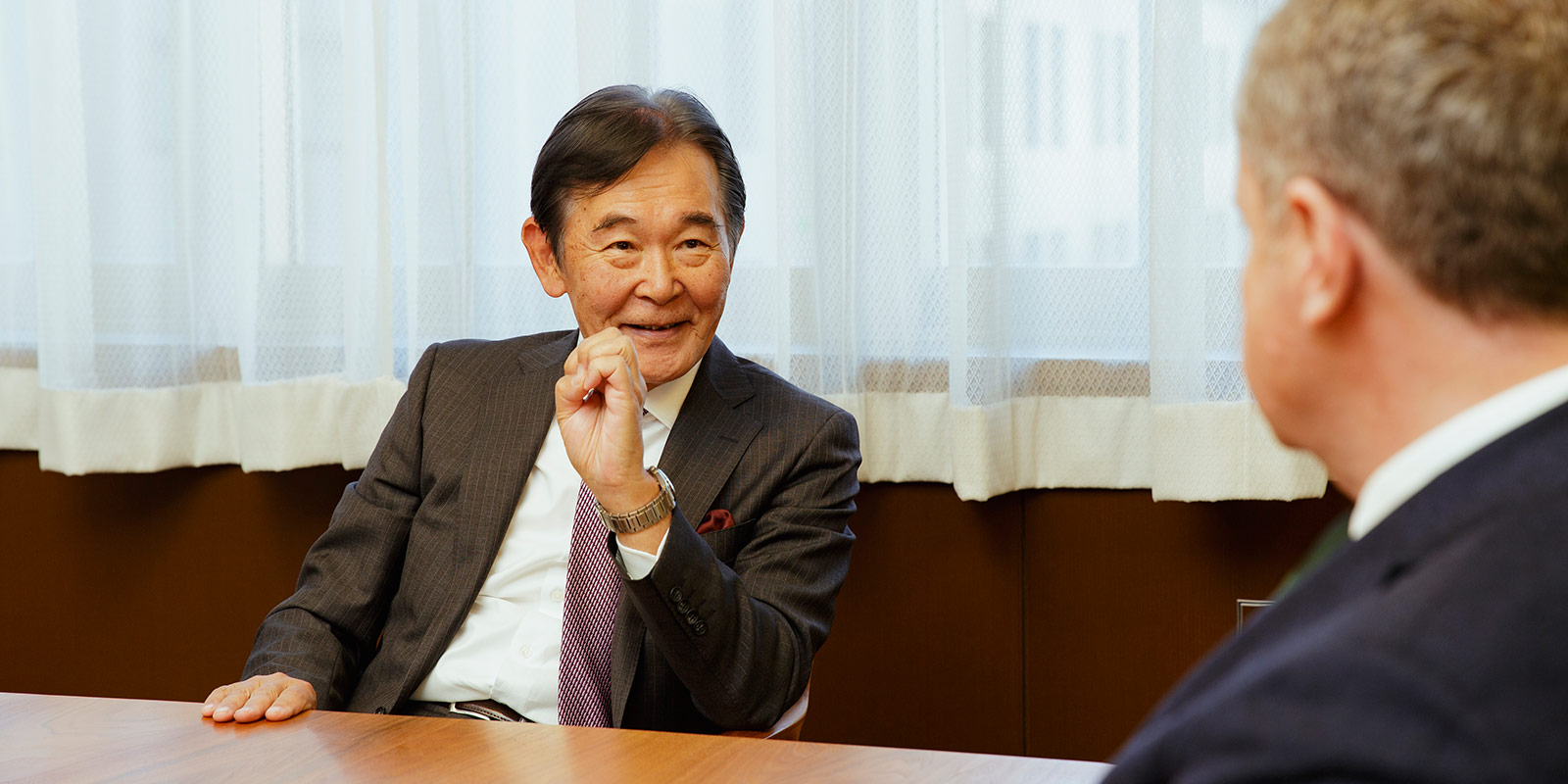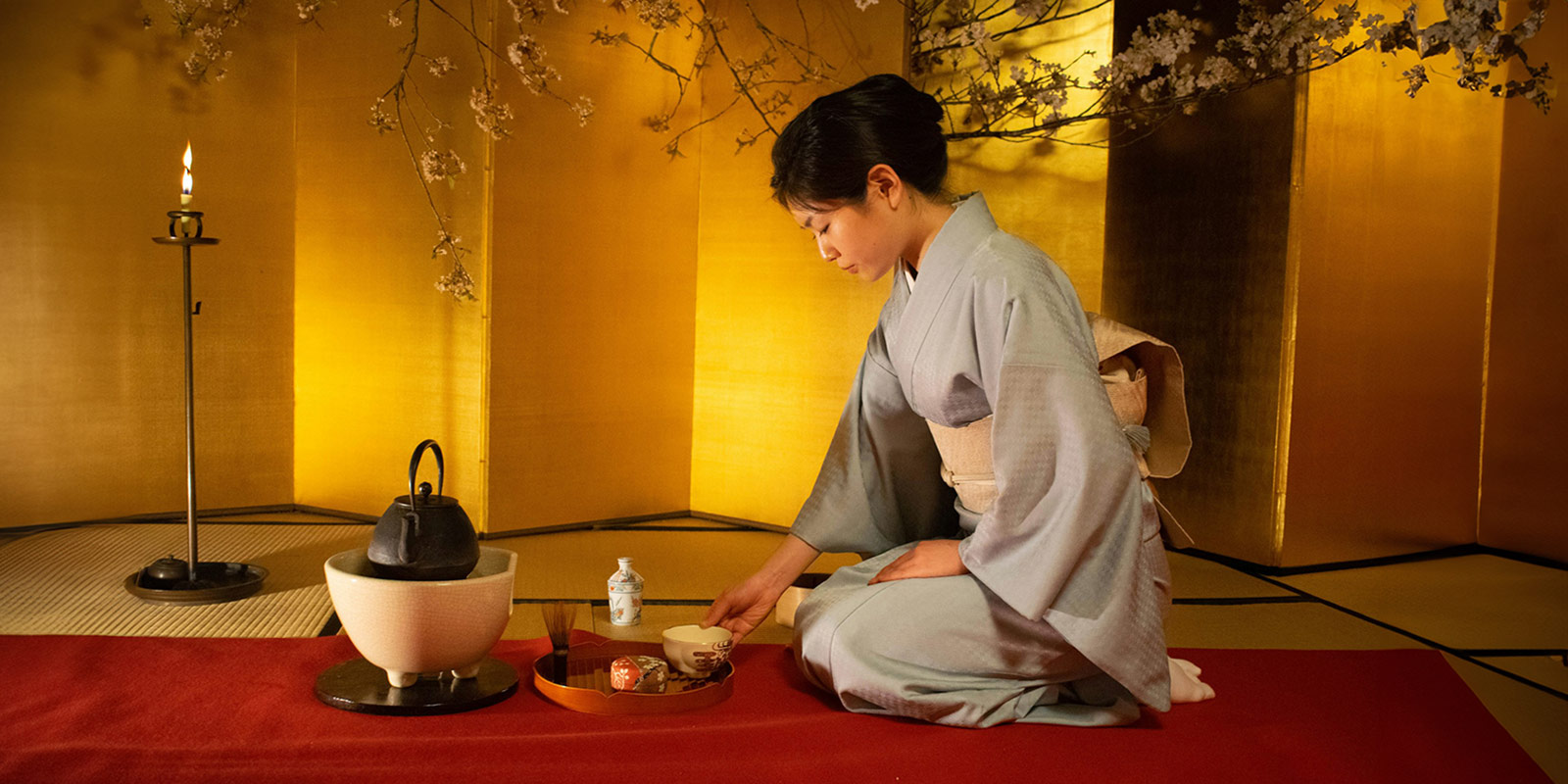Culture club
How should Japan go about promoting its culture to a global audience? Two experts weigh in
As any visitor to this country can attest, Japan boasts a remarkable, hard to rival cultural abundance spanning from ancient temples and traditions to anime—a seemingly inexhaustible resource that lends the nation global soft-power clout. But the worldwide popularity of Japanese culture is arguably more the result of interest and discovery from abroad than a consequence of the country’s at times awkward efforts (“Cool Japan,” anyone?) to advertise itself.
Japan boasts a remarkable, hard to rival cultural abundance spanning from ancient temples to anime
The perceived failure of Japan’s international PR push stands in stark contrast to the triumphs of its neighbor, South Korea, whose recent, distinctively government-backed rise to pop-cultural world domination has caused much hand-wringing in Tokyo. What, then, should Japan do differently? Unlock asked two experts in the field to share their insights.
Japan boasts a remarkable, hard to rival cultural abundance spanning from ancient temples to anime
 Shunichi Tokura | Keisuke Tanigawa
Shunichi Tokura | Keisuke Tanigawa
Shunichi Tokura, commissioner of the Japanese Agency for Cultural Affairs, is a decorated composer whose cosmopolitan career has lent him a deep perspective on his native country’s image abroad. For Tokura, Japan’s greatest strengths stem from its long history and intricate culture. “[International tourists] visit because they are attracted by the [wealth of cultural] assets we have,” he says. “It’s our traditions, systems, and customs, things that go back centuries [that fascinate visitors].” Jacob Benbunan, CEO of Saffron Brand Consultants, agrees. “The obsession for detail, the craftsmanship, the upholding of ancient traditions; these are things you won’t find anywhere else,” he says. Benbunan, whose firm led Facebook’s transformation into Meta and is noted for its work rebranding places including London, Vienna, and Riyadh’s creative district, stresses that Japan holds the keys to creating a persuasive global brand. “A brand is the promise of an experience delivered, and the experience of visiting Japan, the way it’s delivered no matter where you go, is incredible,” he says.
“A brand is the promise of an experience delivered, and the experience of visiting Japan, the way it’s delivered no matter where you go, is incredible”
 Wabichakai Tea Ceremony, Kyoto, Japan | Unsplash
Wabichakai Tea Ceremony, Kyoto, Japan | Unsplash
Down to a tea
Selling that experience in a persuasive way, however, is where things get tricky. Tokura evokes a scene from the world of tea to illustrate the unwillingness of many in Japan to engage in promotion. The host of a tea ceremony may pay a fortune for a finely crafted cup. He places the vessel in his tea room but never mentions it, expecting only knowledgeable guests to bring it up, and plays down his treasure even when it comes up in conversation. “It’s the ‘Oh, you noticed?’ approach,” Tokura laughs. “Promoting yourself is almost [seen as] something vulgar,” Benbunan agrees. “[Expecting excellence to speak for itself] is all great and elegant, but at the end of the day, you really have to tell the world to come [to Japan].”
“You need a central, powerful idea to promote Japanese culture… Something to define Japan as a brand”
This need to stand up and get noticed is recognized by the Agency for Cultural Affairs, a body founded to safeguard the nation’s cultural heritage, in which the mindset shift needed to galvanize Japan’s publicity efforts is already underway. “[As commissioner] I’ve given all of our divisions the mission to [think about] how they can publicize what’s going on in their respective fields,” says Tokura. The agency’s pivot to a more PR-focused attitude also entails embracing culture in all its forms, including by sponsoring Summer Sonic, one of the country’s biggest rock festivals.
In Benbunan’s view, these initiatives make for a promising start to a project that should aim to arrive at a consistent message. “You need a central, powerful idea [to promote] Japanese culture,” he says, “something to define Japan as a brand.” A tricky proposition, perhaps, but surely nothing unattainable for a country with the luxury of drawing on some of the world’s most iconic cultural imagery.